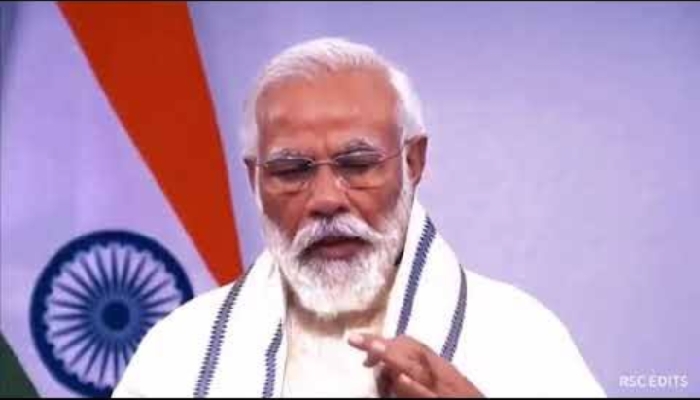New Delhi, Jan 24: Lal Bahadur Shastri was not ideologically hostile towards the RSS like Jawaharlal Nehru and would often invite its chief Guru Golwalkar for consultations when he was prime minister, veteran BJP leader L K Advani has said.
Describing Shastri as a "dedicated Congressman" in an article in the 70th anniversary edition of the RSS-affiliated weekly Organiser, Advani said his personal qualities won him the goodwill of the nation.
"Unlike Nehru, Shastri did not harbour any ideological hostility towards the Jana Sangh and the RSS. He used to often invite Shri Guruji for consultation on national issues," Advani said.
Advani, who joined Organiser in 1960 as an assistant editor, said he had met Shastri as the weekly's representative several times, "each time carrying a positive impression of this remarkably short-statured but large-hearted Prime Minister".
Working as a journalist with Organiser also necessitated a change in his sartorial appearance, Advani said, recalling that he went back to trousers from the dhoti he wore as an RSS activist.
"Dhoti-kurta is the dress of a neta (political leader). It does not suit journalists, my colleagues told me. I saw some merit in the advice given by my colleagues and started wearing trousers once again," Advani said.
Despite being deeply involved and interested in political activities, he said he volunteered to write on films in the magazine and penned a cinema column under the name Netra (Eye).
Shastri, who was prime minister from 1964 to 1966, came in for praise from RSS chief Mohan Bhagwat last year.
Bhagwat referred to him as "lok neta", mass leader, at an event near Allahabad, Uttar Pradesh, where he unveiled a statue of Shastri and his wife.






Comments
Add new comment